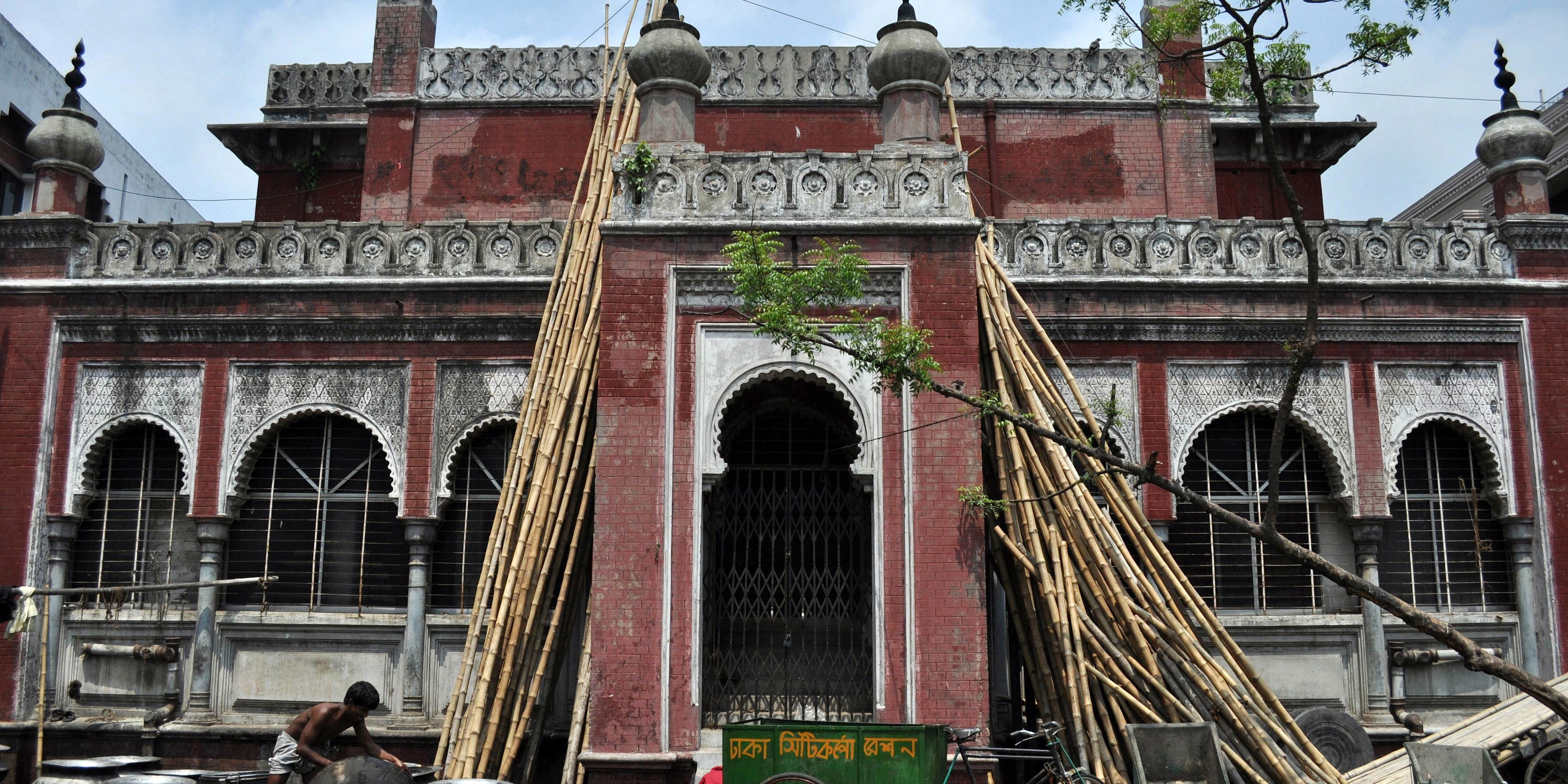When one learns about monetary policy, the hyperinflation of Germany in the 1920s is always used as a standard case study for all students to understand the importance of controlling money growth, and what happens when inflation is let loose in an economy. Due to caution events, such as this, policymakers are taught, especially in Central Banks, that controlling inflation at stable levels has always been espoused as something of extreme importance. The People’s Republic of Bangladesh’s central bank, Bangladesh Bank (BB) is no different when it comes to fears of out of control inflation. This fear has habituated itself amongst the monetary policy committee at BB for several years, never to see the fear truly realising itself.
As demonstrated by the political business cycle, governments prefer pre-election booms via dovish monetary policy, yet become hawkish after elections to counter the inflation increase. Nevertheless, in South Asia, not just Bangladesh, election inflation is to a large extent driven by the use of black money, which circulates without the knowledge of central bank’s knowledge. Many regional experts refer to this practice as ‘mattress money’ in which political candidates and their lobbyists used it to enrich their political image as a man for the people. Such practices put the central banks of the region on the defensive about money supply because reports have shown ‘mattress money’ have increased the money supply without the central bank’s prior knowledge. However, in times when the trend could be downward, this cautionary fear is counterproductive.
BB’s monetary policy for January – June of FY2018 proposed to remain easy on growth acceleration by giving some space to private credit, reducing the policy rates, and allowing more depreciation in the exchange rate. They argue that such policies will promote growth, employment, and help reduce the recent trade deficit in the economy, which Zaid Bakht, the research director at the Bangladesh Institute of Development Studies, attributes to rising import cost and recent infrastructure project. Yet, despite the intentions, BB wants to bring down the private credit (standing at 18 percent) to 16.8 percent. As the growth of private credit is 2 percent above the target of the BB, some argue a tightening policy as justified.
I would argue that this is mistaken as the previous conservative target of 16.2 percent was impractical, which has been argued by Biru Paksha Paul (BB’s former, Chief Economist). He believes the BB has potentially misread the market again: tightening private credit growth rate target, reducing the advance-deposit ratio (ADR) to 83.5 percent from 85 percent, and keeping a constant policy rate. Such policy tightening is seen as both against market liberalisation, but also spurring growth. BB’s inflation fears have caused it to take a contradictory path in monetary policy.
In its latest monetary policy statement, it states that “sharp above-trend upturns in imports and private credit appear to indicate a much-awaited robust pickup in investment and output activities, supported by progress in addressing infrastructural deficiencies, robust domestic demand, and a broad-based pickup in global output, and trade growth”. If this is so, then why is the BB trying to tighten private credit growth? They have helped in the government’s development in infrastructure projects, and so it is confusing why they would tighten the progress. The potential risk would question the BB’s dual mandate on growth and employment and stable inflation.
Inflation is moderate, but not using this opportunity to increase growth is actually in direct conflict with national goals of growth and poverty reduction. An independent central bank is key to its credibility but given the sentiment that government intervention is ever increasing within the BB, it is clear that priorities are possibly being thwarted for political reasons. Food inflation has increased in Bangladesh due to recent floods (outside the powers of monetary policy), but BB also projects inflation to fall by June to 5.7 percent, mainly from non-food inflation. Hence, the inflation phobia is very weird for investors and domestic banks.
Instead, both BB and the government should encourage better laws regarding punishing defaulters, and improving screenings before loans are issued. Non-performing loans are a problem in South Asia, and simply playing around with targets will not yield the desired outcomes if legislative action is not taken. Despite criticism, BB deserves some credit criticising the Sanchaypatra (National Savings Certificate). The higher returns on them discourage investment into more risky investments like stocks. For a government that looks to promise more growth and development investment, this savings scheme actually increases government liabilities (payment will have to come from somewhere).
The future is not guaranteed, but positive measures by both the BB and the government will need to be taken if it is to seek greater credibility from foreign and domestic investors. With issues of a leadership crisis at the top due to government interference, a stronger leadership, more coordinated and better communication is required. Moreover, more efforts should be taken to see how the dual mandate of a central bank could be integrated into national goals as emerging economies monetary policies have a variety of priorities. South East Asian economies such as Indonesia and Singapore are evidence that central banking will be vital for future development, so Bangladesh should consider looking at solutions, which go beyond the old traditions of South Asia






